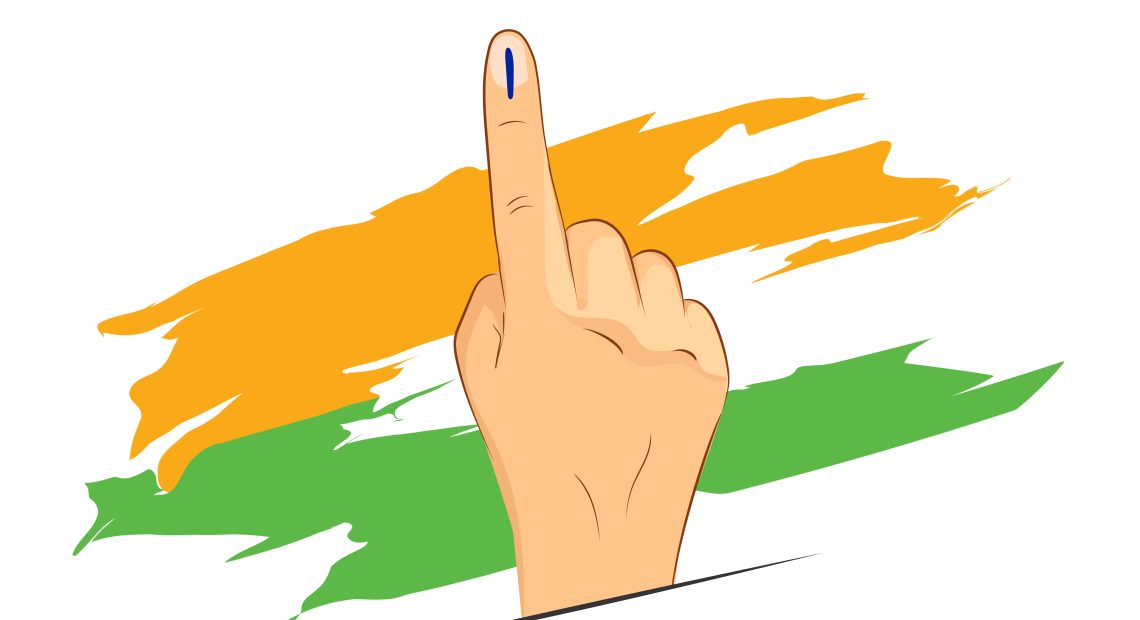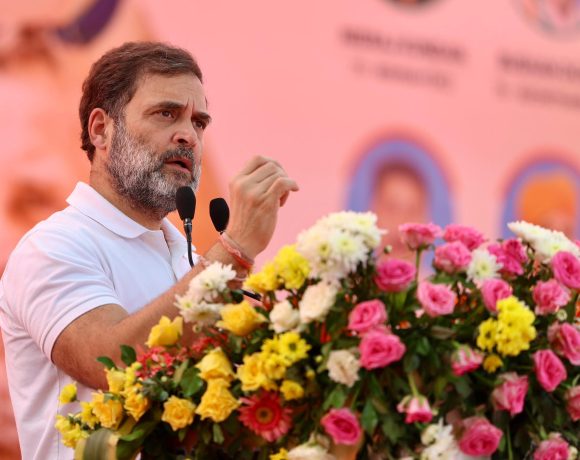
EC Invokes Article 326 to Justify Bihar Voter Roll Drive
In a move that has drawn both legal scrutiny and political criticism, the Election Commission of India has cited Article 326 of the Constitution to defend its ongoing Special Intensive Revision (SIR) of the electoral rolls in Bihar. The Commission posted the article’s full text on its website to underline its constitutional mandate for universal adult suffrage and to assert that the revision is not only valid but also necessary.
The article guarantees voting rights to all citizens aged 18 and above unless disqualified under specific conditions like mental incapacity or criminal conviction. The EC emphasized that its efforts are focused on ensuring that only eligible citizens are listed as voters and that the current rolls, last thoroughly updated in 2003, are long overdue for revision.
Article 326 and Electoral Roll Purity
The Commission’s justification comes ahead of a crucial Supreme Court hearing where several petitioners have challenged the SIR. These include civil society organizations and opposition leaders who allege that the exercise is arbitrary, unconstitutional, and discriminatory. Critics argue that the revision process, by demanding fresh documentation, especially from rural and underprivileged sections, risks disenfranchising legitimate voters.
Among those opposing the move are politicians who have accused the EC of operating under pressure and compromising electoral neutrality. Some have termed the exercise “votebandi,” a targeted disenfranchisement campaign ahead of the upcoming Bihar assembly elections.
Bihar Elections and Voter Verification
So far, the Election Commission reports that nearly 47 percent of the voter base in Bihar—approximately 3.7 crore individuals—have completed the form-filling process required for the revision. However, inconsistencies have emerged in the verification process. While Aadhaar is accepted as valid ID in urban centers like Patna, some rural districts are reportedly insisting on birth or caste certificates, adding to public confusion and concern.
In response to these concerns, the EC has allowed citizens to submit forms initially and provide required documents later during verification. Officials have reiterated that the revision aims to delete entries of deceased, duplicate, or migrated voters and verify the eligibility of those enrolled after 2003.
Political Reactions and Legal Outlook
The EC’s publication of Article 326 is being seen as a strong legal stance ahead of the Supreme Court hearing. It aims to reinforce the constitutional legitimacy of the voter roll revision and quell opposition claims of administrative overreach. Nevertheless, the controversy continues to build as political protests intensify and legal scrutiny deepens.
The revised draft rolls are expected to be published by August 1, and appeals will be allowed under Section 21 of the Representation of the People Act. With the assembly elections looming later this year, the outcome of this revision process—and the Supreme Court’s interpretation of its legality—could have a significant impact on Bihar’s electoral landscape.

















